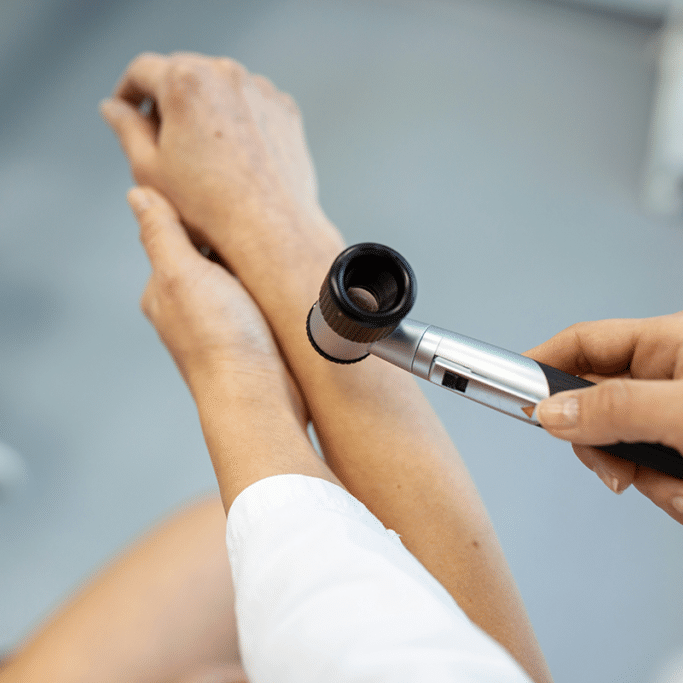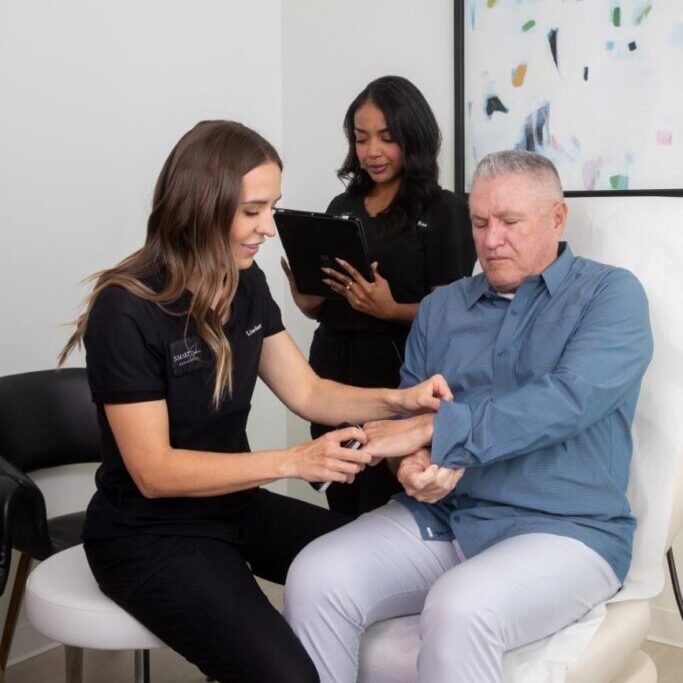Basal Cell Carcinoma Removal in Lehi, Utah
What is Basal Cell Carcinoma?
Where does Basal Cell Carcinoma form?
Can Basal Cell Carcinoma Spread?
What are the warning signs of Basal Cell Carcinoma?
BCC typically presents with a variety of telltale signs
Early Detection is Key to Victory
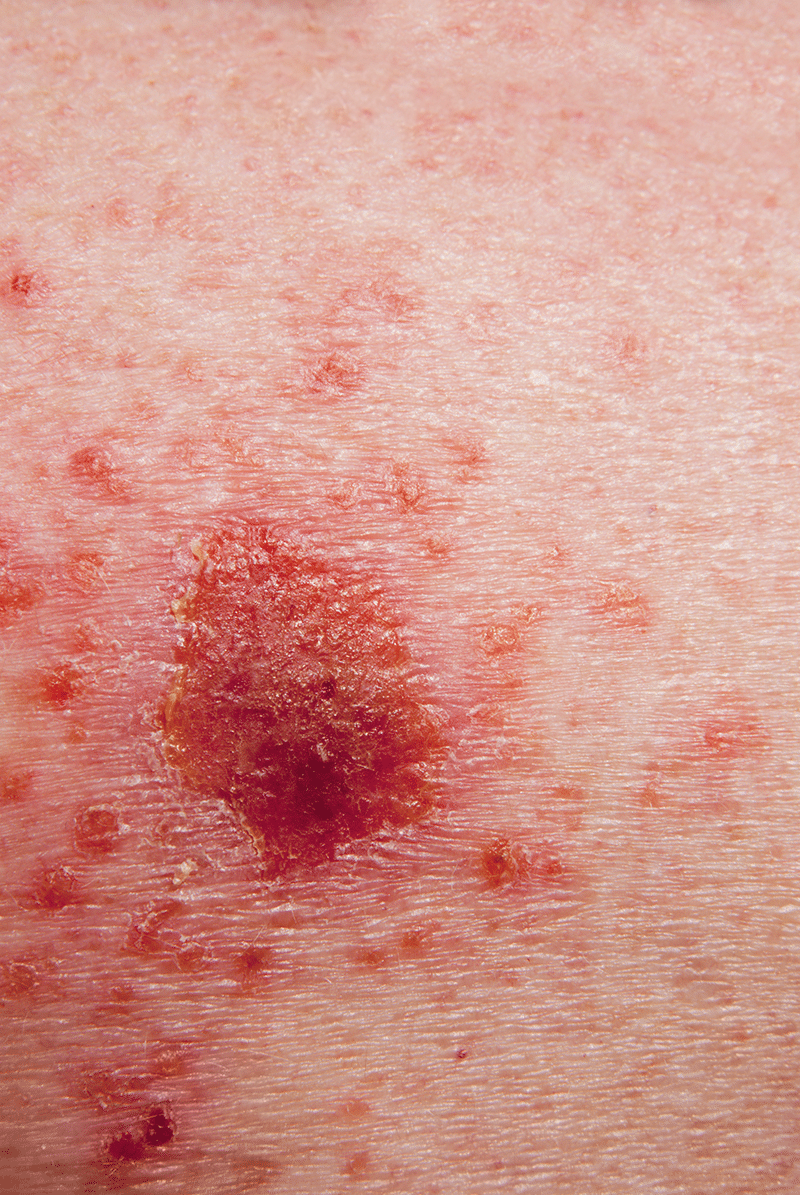
What Treatments Are Available For Basal Cell Carcinoma?

Surgical Removal of Basal Cell Carcinoma
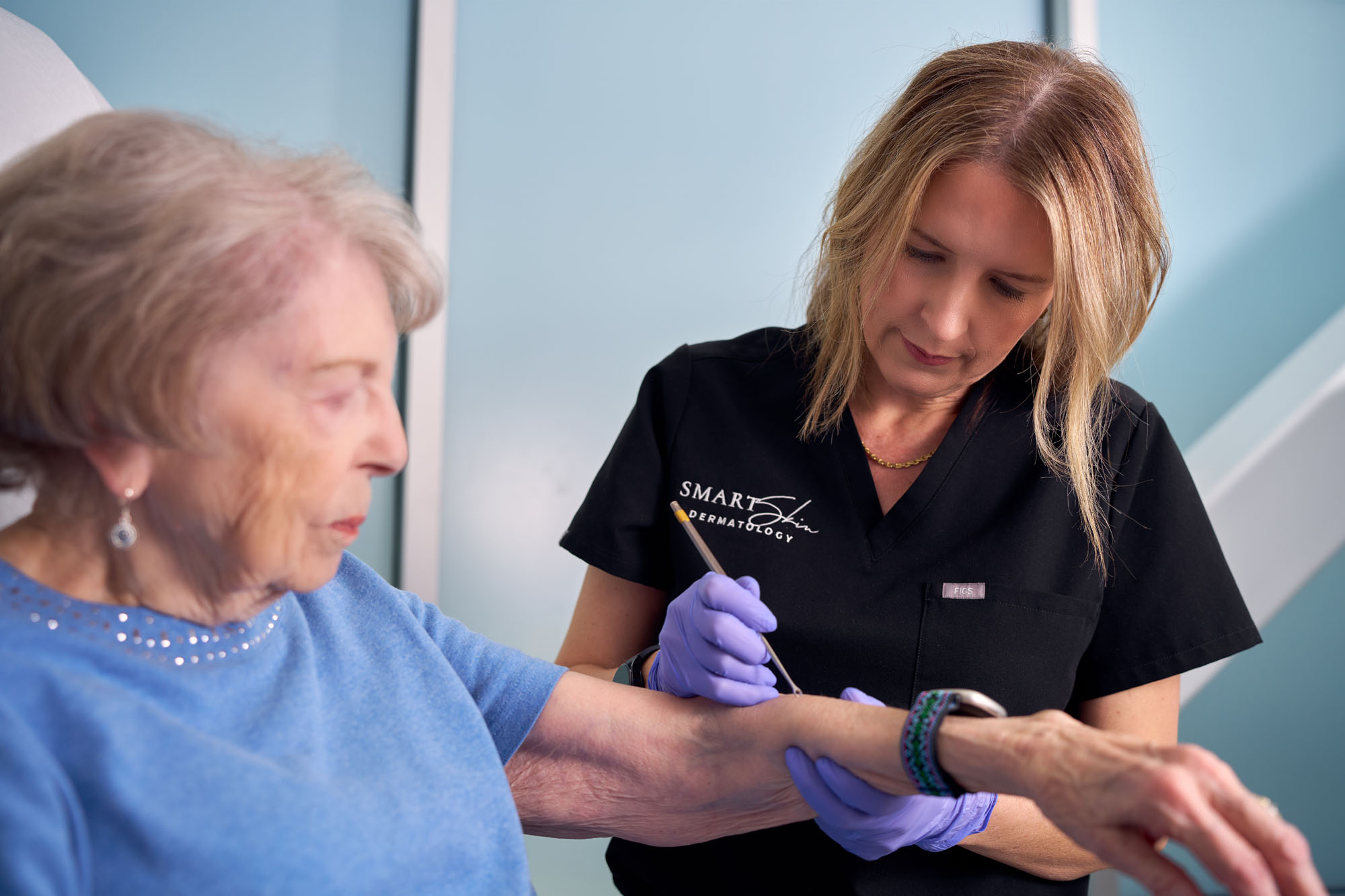
Non-Surgical Options
How To Prevent Basal Cell Carcinoma
Schedule your skin cancer screening today!
By understanding BCCs, recognizing its signs, and adopting preventive measures, you can empower yourself to safeguard your skin's health. Remember, early detection is key, so do not hesitate to consult a dermatologist if you suspect any unusual changes in your skin. Together, we can ensure your skin remains healthy and radiant for years to come.
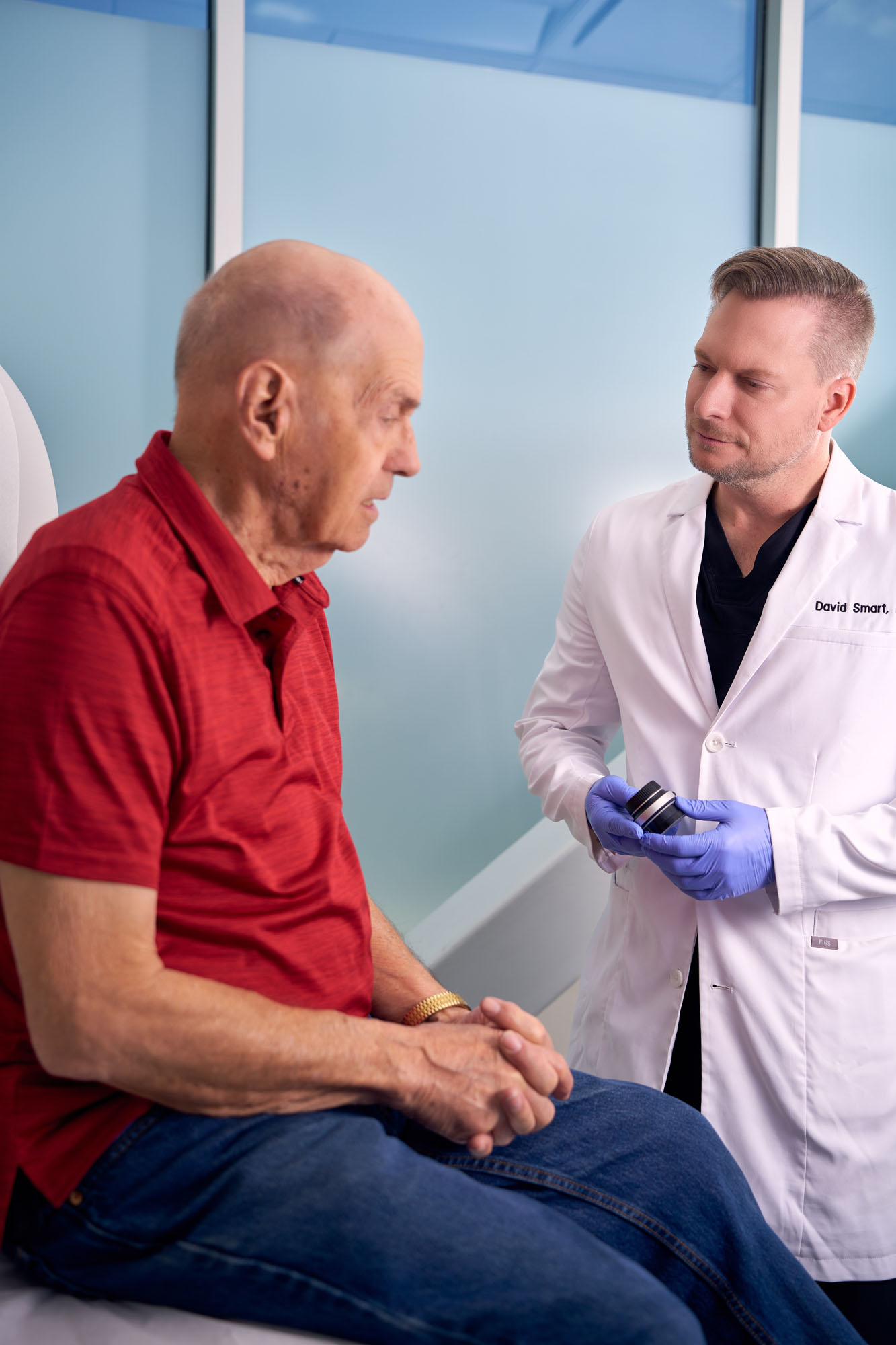
Basal Cell Carcinoma FAQ
Will basal cell carcinoma itch?
Yes, basal cell carcinoma can itch.
While it's not a common symptom, some people with basal cell carcinoma may experience itching in the affected area. It's important to note that itching can also be a symptom of other skin conditions, so if you notice any changes in your skin, it's crucial to consult with a dermatologist for proper diagnosis and treatment.

